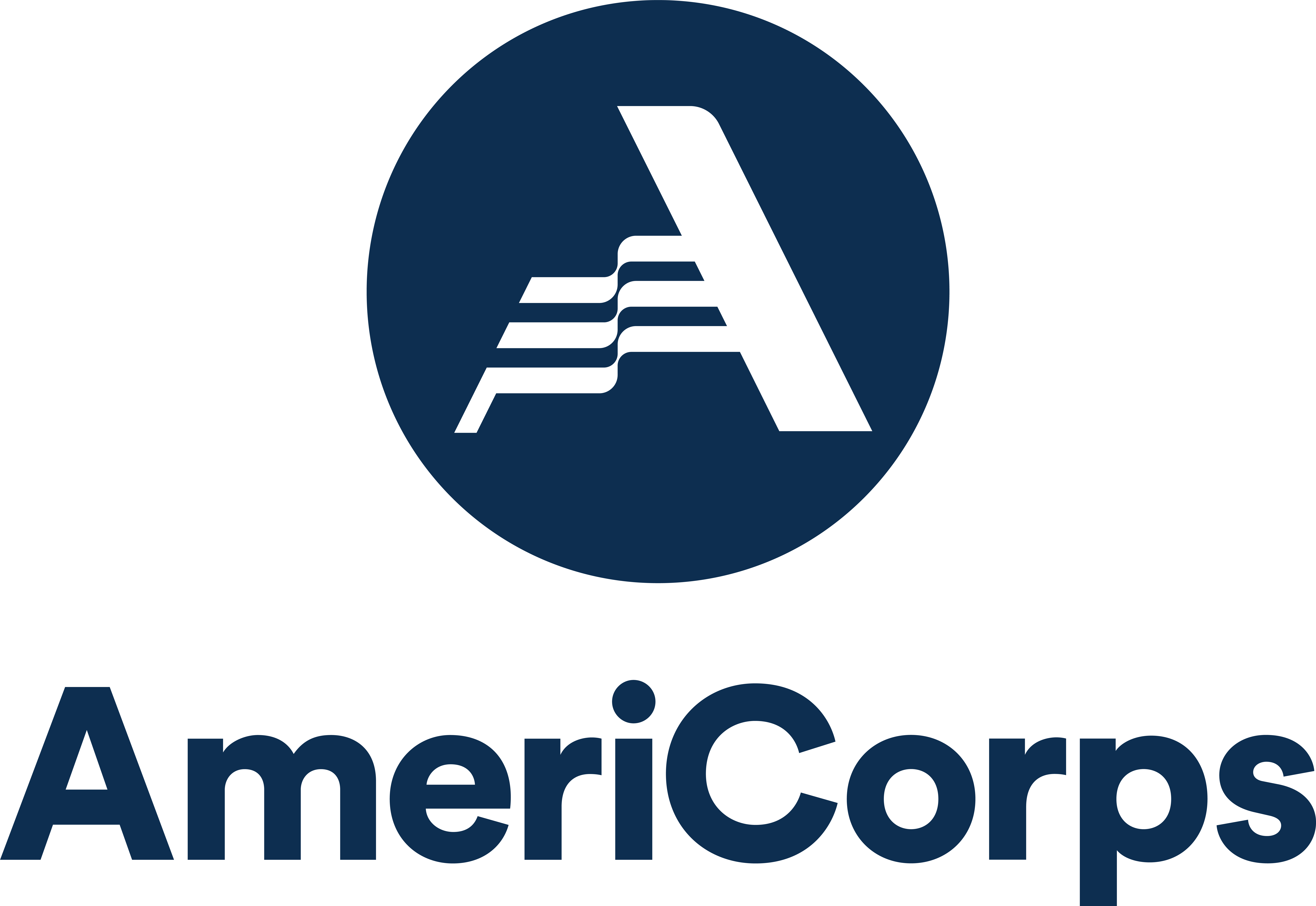By: Tina Bryson
Willie Owens beats the odds and inspires those around him through his journey.
If reading on mobile click here.
It wouldn’t be an overstatement to say that Willie Owens’ life is a miracle. On June 16, 2018, just one day before Father’s Day, the 33-year-old father of two was putting up his riding lawnmower after cutting his grass. His wife, son, and mother were on the porch and watched as the lawnmower flipped while Owens drove it up a hill. He jumped off the mower, but when it hit the ground, the gas tank ruptured. Gasoline sprayed all over him, and he was quickly engulfed in flames from his ankles to his neck. Owens jumped in a creek behind the house to try to extinguish the fire. His mother feared that an ambulance would take too long to arrive, so she rushed him to the closest hospital.
“Do you want to know the power of God and what God can do? All you’ve got to do is look at me,” Owens said. “None of my story is me doing miraculous things, it was God doing miraculous things, and I just happened to be there. They told me I had a 115 percent chance of death. If you want to know if God is in control, I am here because He saw fit for me to be here. He has more for me to do.”
Owens remembered hospital staff telling him they were going to life flight him to Cabell Huntington Regional Hospital in West Virginia, and that was the last thing he remembered until four weeks later. The accident left Owens with burns over 60 percent of his body requiring a two-month hospital stay. In that time, he had nine surgeries, lost both legs and a portion of his left arm, and was on a ventilator to help him breathe.
“Hearing every day that your husband is the sickest person in a hospital the size of Cabell can take you to a very dark place,” said Willie’s wife Jessica Owens. “I was a Christian. You talk about leaning on God, I had to. I couldn’t leave the hospital at night because he could have emergency surgery at any time. I spent a month and a half living on the fourth floor of Cabell Huntington Hospital.” Jessica didn’t leave to go outside, or even to the cafeteria, because she never knew when she might be needed.
At the time of the accident, the Owens family had connected to Christian Appalachian Project through Jessica’s workplace. Jessica was working at Mountain Comprehensive Care Center and had referred many of her clients to CAP. Jessica and Willie also had a personal relationship with Ron Morrow, a crew leader in CAP’s Housing Program. They all had attended a Bible study series on marriage at their church.
“Ron Morrow has a special place in my heart,” said Jessica, holding back tears. “When you hear constantly that your husband may not make it, that can lower your spirits, to say the least.” She continued, “here comes this man that I knew and loved already, and he was probably the very first glimpse of earthly hope that God showed me.” Ron changed all of their “ifs” to “whens” and began helping make a plan for home renovations that would meet Willie’s needs.
It wasn’t until work started on their home that the Owens’ family became fully aware of the scope of CAP’s services or the impact it could have on transforming a family’s life. The community joined in to support this effort. There were 11 different groups and over 90 volunteers that worked on the Owens’ family home.
“We partnered with our church, Highlands Church of Christ, and they were on board from the start,” Morrow said. “We didn’t want to leave any projects that he had to worry about when he came home. We knew it was more than we could handle at CAP ourselves, but we wanted to give his family hope and make his life easier.”
Owens remained heavily sedated while in the hospital, so Morrow worked with Jessica to plan the remodel. The home, given to Owens by his grandparents, was built after World War II and had solid double oak walls with narrow doorways. Owens had started on some remodeling projects before the accident, and he hoped CAP would add on a handicap accessible ramp so that he could get in the house. He was shocked to see the extent of the changes.
“They put three ramps on my house and a deck,” Owens said. “My house had never had central heat and air. They put on a new roof, widened all of my doorways, and fixed a hallway I had made too small,” he added with a laugh. “When I came home, to be honest, I was speechless. I got to meet some of the volunteers. They didn’t know me, but they did everything they could; they put their heart and soul into it.”
Morrow reflected on the impact of the project for those that contributed to it. “Without donors, without money or the materials we need, it doesn’t matter how talented we are, we couldn’t do this work,” he said. “It was inspiring to see people come on their vacations, their day off, even on weekends. I never saw even one person who came to volunteer here who left without feeling blessed.”
The Owens family has had to get used to new routines and new ways of doing things. The remodel of their home gave Willie independence to navigate his surroundings.
“CAP changed the restroom and the bedroom and widened the halls,” Owens said. “It’s a whole new routine. I had to get used to not having access to certain things. Can I reach it? Can I get there with my chair? I have had to learn to slow down. It’s taking the time to do things, to not be in a hurry. I have to slow down to eat or to get dressed. I was left-handed before this, so I had to learn how to write. I had to figure it out. My faith is the only reason I made it.”
But that wasn’t all. Owens also had to reconnect with his young children, ages 6 and 3. Beyond his obvious physical changes, he had been intubated for nearly two months, so his voice had changed. And while he received round-the-clock care, the children had been living with family, so they were cautious around him.
“It was hard on them,” Owens recounted. “It was a shock for them, and it scared them a bit because at first they only saw me in the bed.”
Jessica echoed that sentiment. “The more he has healed, they see more of their Daddy. He’s mobile again. Gideon just plops down on Willie in his wheelchair. Lilly helps him get in and out of the van. It’s been a tragedy, but it has made our family closer.”
Jessica concluded, “From the first shining light into our dark journey CAP was there. For us, CAP isn’t just an organization. You all gave me part of my husband back.” When he was first released from the hospital, the family stayed with Owens’ parents, who lived next door. Although moving in with family was a blessing, their home wasn’t wheelchair accessible. The kitchen, the shower, the bathroom, and the laundry room in their home were all too difficult for Owens to navigate. Moving back into his own home, made accessible, was an important step in his recovery.
“There were things that were taking away some of his motivation because he couldn’t do those things,” Jessica explained. “These are basic things that we take for granted. When you go from being able to do basic tasks to not being able to do them, it really puts a damper on your spirits.”
The changes that CAP was able to make to the Owens’ home, with help from the community, allowed Willie to continue to heal and grow into his new life. “I am seeing Willie continue to do firsts, things that he hasn’t done since before the accident to help the children and me,” Jessica said.
Willie is also thankful for the help that the family received. “I will tell anyone that will listen about how great CAP is and how great God is and how He is using CAP to do amazing things for people that are in desperate need. It was awe-inspiring to know that communities still come together. It’s part of why I love living in Eastern Kentucky.”







